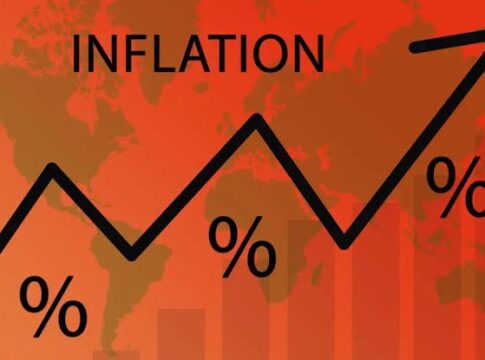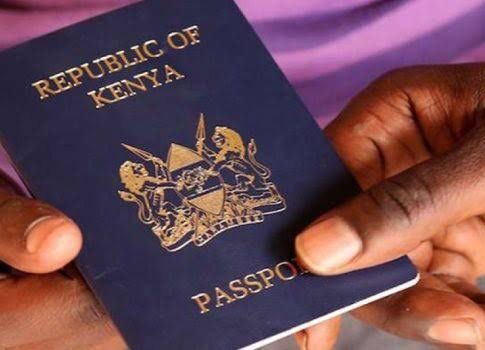Nigeria’s inflation rate has climbed to a staggering 33.88% in October 2024, up from 32.7% in September. This marks a month-on-month increase of 1.18 percentage points, according to the National Bureau of Statistics (NBS). The spike, attributed to rising transportation and food costs, reflects the mounting economic pressures on Nigerians.
Compared to October 2023, when inflation stood at 27.33%, this year’s figure represents a sharp increase of 6.55 percentage points. On a monthly basis, inflation rose by 2.64% in October, slightly higher than the 2.52% recorded in September. This uptick underscores the accelerating pace of price hikes across essential goods and services.
Food Inflation Hits 39.16%, Piling Pressure on Households
Food inflation soared to 39.16% year-on-year in October, a significant jump from 31.52% in October 2023. Month-on-month, food prices rose by 2.94%, driven by sharp increases in essential items like vegetable oil, groundnut oil, palm oil, beef, and popular beverages such as Lipton and Milo.
READ MORE: Mark Idiahi Inducted as Ambassador for Youth Development and Entrepreneurship Education in Africa
The average annual food inflation rate over the past year reached 38.12%, a dramatic rise from the 26.33% recorded in October 2023. This persistent surge in food costs continues to squeeze household budgets and strain living standards across the country.
Urban Areas Bear the Brunt of Inflation
Urban inflation rose to 36.38% year-on-year in October, up from 29.29% in October 2023, with a monthly increase of 2.75%. Meanwhile, rural inflation was recorded at 31.59%, reflecting a year-on-year rise of 6.01 percentage points. The twelve-month average urban inflation rate reached 34.52%, significantly higher than 24.76% a year earlier, while rural inflation averaged 30.24%.
Core Inflation Escalates, Impacting Services and Transportation
Core inflation, which excludes volatile food and energy prices, climbed to 28.37% year-on-year in October, up from 22.58% in October 2023. The steepest increases were seen in urban transportation, housing rentals, dining out, and personal grooming services. Month-on-month, core inflation edged up to 2.14%, slightly higher than the 2.10% recorded in September.
Over the past 12 months, the average annual core inflation rate stood at 26.12%, compared to 19.98% the previous year. These figures highlight the expanding impact of inflation on everyday services and living costs.
Economic Outlook: Rising Prices Test Resilience
The sharp rise in inflation across all sectors underscores the challenging economic landscape in Nigeria. With food and transportation costs driving much of the increase, millions of Nigerians face mounting financial strain. As policymakers seek solutions, the need for targeted interventions to stabilize prices and support vulnerable households has never been more urgent.




